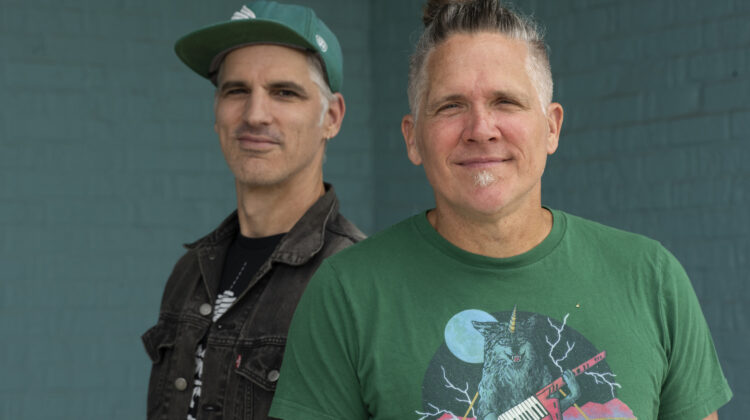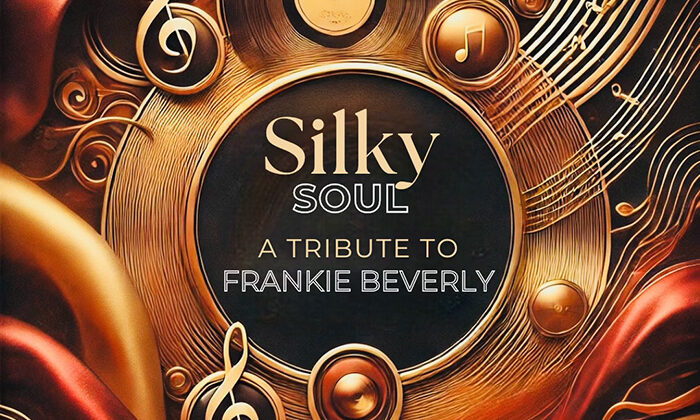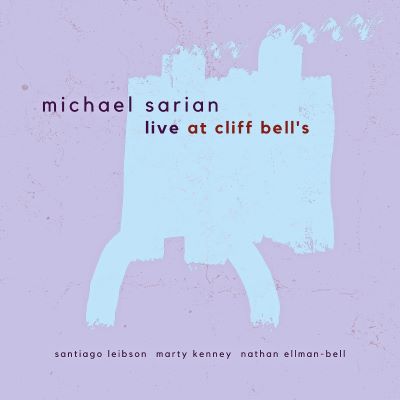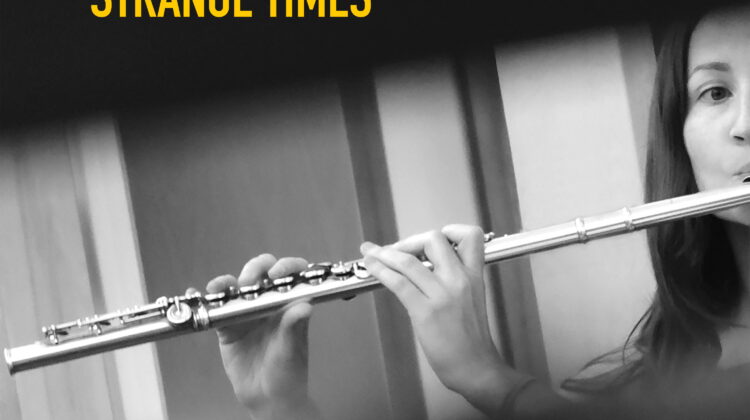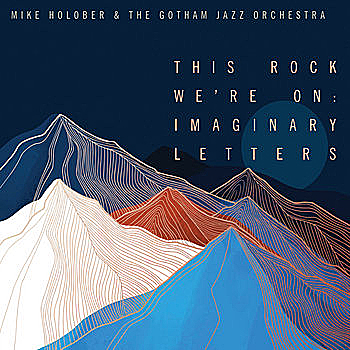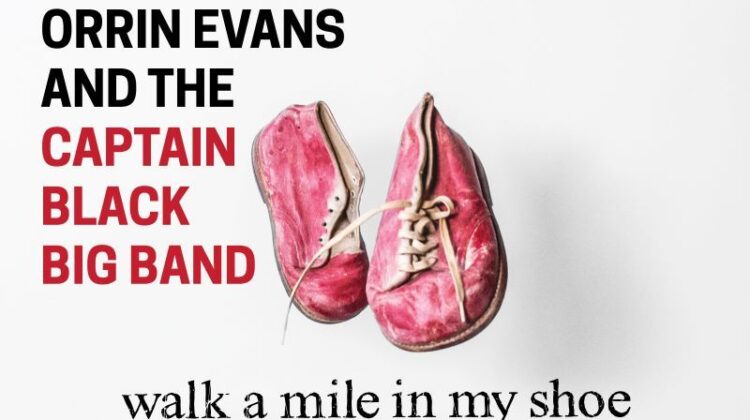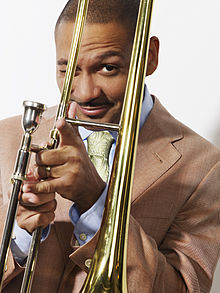You could call it a case of Shakespeare’s bout with the blues.
That’s one way of describing Duke Ellington’s 1957 masterpiece, “Such Sweet Thunder”, written in response to a commission from the Stratford Shakespeare Festival in Ontario, Canada.
According to noted jazz commentator A. B. Spelman, the Duke’s tribute to the plays of the Great Bard rank as “one of the most remarkable orchestral pieces in all of American music”.
“Such Sweet Thunder” is a 12-part suite based on William Shakespeare’s plays and sonnets. The recording was made with fifteen of the most idiosyncratic musicians of all time, including baritone saxophonist Harry Carney, tenor saxophonist Paul Gonsalves, trumpeter Clark Terry, alto saxophonist Johnny Hodges, and trombonist Britt Woodman.
In a daring re-imagining of this work for an octet, trombonist Delfeayo Marsalis leads his musical troops into Bardic and Ducal territory on “Sweet Thunder” (Troubador Jass, 2011). This is a hard-swinging session, but still carries a lodestone of blues and gospel flavour.
Like the Duke, Delfeayo knows how to assemble a group of musical protagonists. Mark Shim turns in a coruscating solo spot on “Sonnet to Hank Cinq”. Victor Goines scales the summit of the soprano saxophone’s sonic reaches on “Up & Down, Up & Down”, and the leader himself acquits himself to the task with judicious, authoritative trombone runs right across the recording, mindful of the role Britt Woodman performed in etching his distinctive place on the Duke’s original. Jason Marsalis and Charnett Moffett lock the groove really tight on “Sonnet In Search Of a Moor”. Yet another bright moment occurs when saxophonist Branford Marsalis and trumpeter Tiger Okoshi go head to head on “Half The Fun”.
Born on 28 July 1965, Delfeayo Marsalis has doubled as trombonist and a much sought-after producer. Together with his brothers Branford, Wynton and Jason, and father Ellis, the musical Marsalises are the joint winners of the 2011 NEA Jazz Masters Award.
Delfeayo spoke to Ejazznews recently about his new recording.
John Stevenson: Shakespeare’s exhaustive literary output and the Duke’s copious compositional corpus are customarily regarded with hallowed awe. What possessed you to revisit and reinterpret “Such Sweet Thunder” for octet?
Delfeayo Marsalis: Both reverence and irreverence. Having grown up and worked with many members of the older generation, what has impacted me most is their level of expectation for the younger folk to address and improve upon their accomplishments. I won’t say that I improved upon Ellington’s original, but according to Clark Terry, Duke and Strayhorn would have certainly been happy to hear Sweet Thunder. Using the octet allowed me more liberties than the full big band would have, in terms of orchestrating and expanding the original score.
JS: You included Gunther Schuller’s critique of your Ducal interpretation in the programme information accompanying the CD. Was this useful criticism?
DM: Branford suggested that I include Schuller’s note. Far too frequently today, we hear about something being the greatest thing since sliced bread, and there is seldom any actual intellectual discourse about music. My dad, brothers and I always discuss various aspects of music and politics, so I’m used to folks not agreeing with my perspective. I think Mr. Schuller’s mind was already made up; I doubt he listened to the entire recording. Of course, he grew up with Duke, so his relationship to the Maestro is far different than mine. He seeks to preserve. I seek to modernize.
JS: Congratulations on your 2011 NEA Jazz Masters Award. For the very first time, the award has gone to the musical members of a family – in this case your family. How will a post-Katrina New Orleans benefit from this award?
DM: I don’t know how New Orleans will benefit from the award, but hopefully jazz will benefit and we can keep working to introduce more young people to this great music. New Orleans is more interested in funk or groove-based music, so until we play more jazz, the modern players will be on the outskirts of the city’s radar.
JS: Given your obvious instrumental and compositional prowess, you have not been very prolific in terms of recorded output. Why has this been the case?
DM: I signed with the RCA-Novus record label, thinking that I would have gotten more attention than at Columbia, who had signed my dad, Branford and Wynton. After being told there would be little interest in releasing an album that my brothers weren’t on, I got out of the contract. As part of the agreement, I couldn’t record for five to six years, after which time things had slowed down in the industry. That, coupled with not having a regular band contributed to my limited recording output. I’ll be recording more frequently, though, if for no other reason than to remind my brothers how it’s supposed to be done!
JS: You wrote a jazz musical called ‘Luther’ in 1997. In 2001, you penned ‘The Pirates Conspirate’. Do you also write fiction?
DM: No fiction. I’ve written 14 musicals, all of which have jazz songs with lyrics.
JS: Like your brothers, Wynton, Branford and Jason, you all echo your instrumental traditions. In your work over the years, we get snatches of Tricky Sam Nanton, J.J. Johnson, Curtis Fuller, and Britt Woodman, to mention a few of the foremost trombone exponents of the past. How have they helped or hindered in fleshing out your musical persona?
DM: The tragedy of not having recorded more in the 1990s is that my style was original and very different from what other guys were attempting to do. Over the years, my playing has become more conservative than I’d like. As far as the other instrumentalists, they’ve helped me to understand how to construct solos in different situations, so anything I’m not doing is solely my own responsibility.
JS: Following on from the previous question, the listener will be struck at the way you deploy the instrumental voices on Sweet Thunder. Victor Goines’s keening sopranino feature on “Madness in Great Ones”, and the infectious polyrhythmic rim-and-tom drum kit pulse maintained by Jason on “Sonnet for Sister Kate”. Ditto the mournful note sounded by your mute on that second track. Were you merely imitating the Duke’s penchant for writing parts to suit the individualism of the orchestra members, or were other factors at work?
DM: Whether it’s Bach, Stravinsky, Armstrong or Monk, every composer and soloist hears music with an individual logic. The task is for that logic to have as much of a universal connection as possible. I knew that I did not want to reproduce Ellington’s original score, which is what Wynton and the Lincoln Centre Jazz Orchestra are known for doing. After that, it was only a question of which modern elements would best complement each movement. Unlike Duke, I picked the featured instruments first and decided who best to play them second.
JS: Victor “Red” Atkins’ elegant piano playing on “Lady Mac” underscores the soulfulness of this particular compositional undertaking. How much did Shakespeare’s Lady Macbeth character inform the overall melodic contours of this Ducal gem?
DM: I can’t in good conscience take credit for the piano introduction. Red grew up in the country backwoods of Selma, Alabama, and has lived in New Orleans for the past 20 years. To create a unique sound, he combined my dad’s way of playing with a gospel experience much different from how Duke played.
JS: Your interpretation of “Half the Fun” is certainly one Sweet Thunder’s Blakey-esque moments. Why do you think Tiger Okoshi’s trumpet solo and Branford’s classically informed soprano saxophone work so well on this number?
DM: “Half the Fun” highlights improvisation as part of the compositional structure. It doesn’t matter where the vocabulary originated, but how the soloist uses it. Groove tunes lend themselves to varying rhythmic interpretations more than swing because of the repetitive nature of the drums and bass. Tiger sets it up and Branford goes in for the kill.
JS: Can you unpack for our readers what you mean by the “dreaded bass direct”? To what extent have you brought a different sensibility to the sound engineering process in jazz over the last three decades?
DM: The “dreaded bass direct” is a device that picks up an electric signal from an acoustic bass and removes the natural purity in the tone quality. (It’s the same technology used for keyboards and other “fake” instruments!) I was experimenting with acoustic sound in high school and finally working on Branford’s recordings gave me the international outlet required to impact players, producers and engineers. Referring to the “dreaded bass direct” started out as a joke, but after recording Milt Hinton on Branford’s Trio Jeepy, I noticed more bassists using microphones and becoming aware of producing more of a full tone. Although I don’t believe I captured the perfect sound to the degree I had hoped, my efforts affected all jazz musicians after 1986. Even the bass direct manufacturers stepped their game up by the early 1990s and began creating more acoustic sounding devices, so everyone benefited in the long run.

